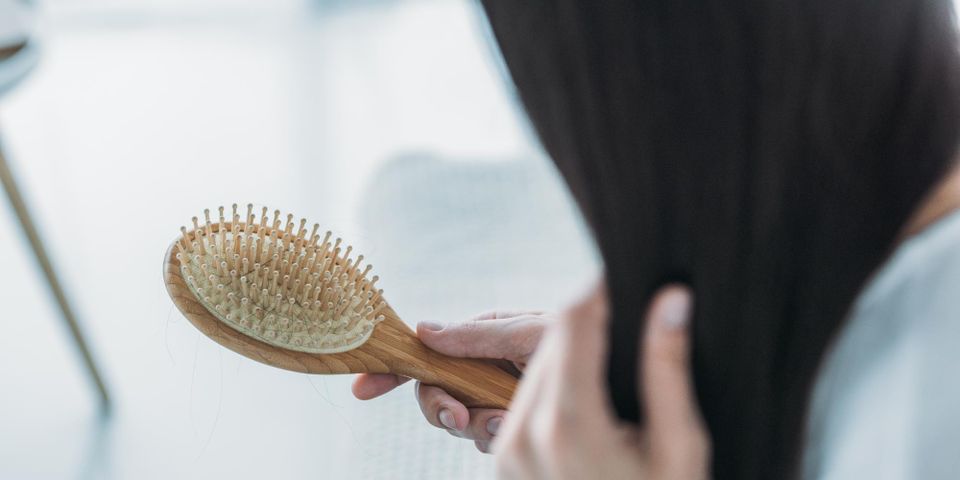
Hair loss occurs due to several factors, one of which is stress. Whenever you experience high levels of anxiety, you may notice that you lose more hair when you brush it or go to sleep. If you’re concerned about this issue, understanding how stress can affect you may help you minimize its effects. To help you care for your locks and scalp, here’s a closer look at how stress causes hair loss and how you can manage your symptoms.
What You Should Know About Stress & Hair Loss
Types of Hair Loss Caused By Stress
There are three types of stress-related hair loss. Telogen effluvium, a common but reversible condition, causes hair follicles to go into a resting phase instead of producing new strands. This causes shedding during combing, washing, or even touching. Alopecia areata, caused by severe stress or genetic predisposition, develops when the body’s immune system attacks the hair follicles, causing hair loss throughout the body. Trichotillomania, deemed a psychological disorder, causes an uncontrollable urge to pull out hairs as a way to deal with negative emotions like anxiety, stress, or frustration.
Why Stress Causes This
Along with aging and hereditary factors, stress is a leading cause of hair loss. Increased stress and anxiety trigger a hormonal imbalance in the body that makes hair follicles overly sensitive, affecting their growth cycle. This also leaves the immune system weakened, causing people to get sick easily. Systemic upsets and bouts of the flu can speed up hair loss. Since stress can also affect appetite, it can result in improper diet and imbalanced nutrition. Reduced nutrient intake and deficiencies slow down hair growth.
How to Manage Stress
 Once you feel burned out or anxious, there are a few ways to keep your stress levels in check. Counteract it by exercising regularly, as several studies have shown that physical activity produces endorphins that decrease tension and improve sleep quality. Apart from exercise, your body also creates endorphins with deep breathing, meditation, massage, and yoga.
Once you feel burned out or anxious, there are a few ways to keep your stress levels in check. Counteract it by exercising regularly, as several studies have shown that physical activity produces endorphins that decrease tension and improve sleep quality. Apart from exercise, your body also creates endorphins with deep breathing, meditation, massage, and yoga.
How to Manage Hair Loss
To combat hair loss, remember to eat a balanced diet that includes nutrients essential for regrowth like vitamins C, B, and E. Vitamin C, found in citrus fruits, is important for building the collagen found in follicles. Vitamin E, present in nuts, avocado, and spinach, has antioxidants that also make for a healthy scalp. Found in leafy greens and beans, vitamin B may improve circulation in the scalp, benefiting the skin and hair follicles.
If you’re experiencing hair loss, visit New U in Rochester, NY, for treatment. Since 1987, this hair restoration center has provided a range of solutions to address baldness in both men and women across Monroe County. They offer transplants, non-surgical replacements, and laser hair therapy to deliver proven results. Call (585) 272-7320 to request a free consultation or visit their website to learn more about prevention.
About the Business
Have a question? Ask the experts!
Send your question

